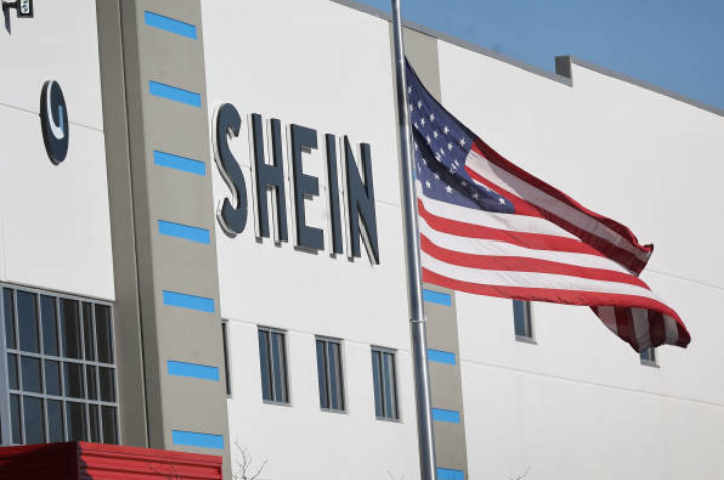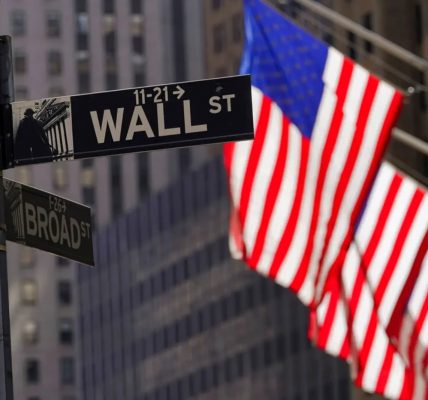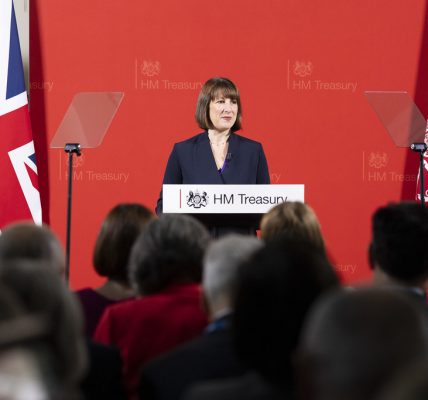Shein, well known for its affordable prices and questionable working standards for its employees is attempting to file for an Initial Public Offering (IPO). An IPO is when an originally private company goes public, making it possible for investors to buy stocks for this post-IPO enterprise. This inevitable and banal step for business expansion is creating a scandal because of Shein’s nature and reputation.
As a Chinese company, outsourced in Singapore similarly to TikTok, the business has been criticized for stealing designs from independent designers, forced labor shown by the hidden ‘help me’ messages written in the tags of Shein clothes, and even questionable data privacy policies doubted by the US. While Shein’s Sustainability and Impact Report assures “zero tolerance” towards forced labor and environmental concerns, several reliable sources have found evidence of unethical working conditions after a thorough investigation.
Bloomberg first presented concrete evidence that Shein was using cotton from the Xinjiang region in 2022. The German laboratory Agroisolab GmbH confirmed the fast fashion giant’s products were made with the same cotton as the sample of fabric made by the Xinjiang cotton provided by Bloomberg. This comparison was made through an isotope analysis which can analyze the chemical elements that build organic materials and tell where the certain material was grown. In this case, the Stable Isotope Analysis revealed that both fabric samples had cotton from the Xinjiang region, revealing Shein’s true sources of cotton. Thus when the company filed for a US IPO last November, the Securities and Exchange Commission denied it on grounds for alleged forced labor.
After this difficult encounter with the US, Shein shifted its interest to England.
Estimated to have filed their papers in early June, this instantly created a backlash from human rights groups and even the UK government calling on more scrutiny on sustainability and labor practices. However, with important changes made to the London Stock Exchange(LSE), and loosening listing rules, some wonder whether the Financial Conduct Authority(FCA) purposefully lowered standards to win over the 66 billion worth(2023) fast fashion company into the LSE. This speculation was strongly denied as the Guardian reported. Regardless, it remains a serious concern to investors whether these important changes to the market such as reducing the importance of shareholder votes and the grouping of previous listing categories: “standard” and “premium” into one “commercial companies”.
As investors worry whether this decision will impact the quality of the London Stock Exchange, others worry that Shein’s growing market dominance will translate to a larger and possibly untouchable use of forced labor and unethical working conditions.
Sources:






